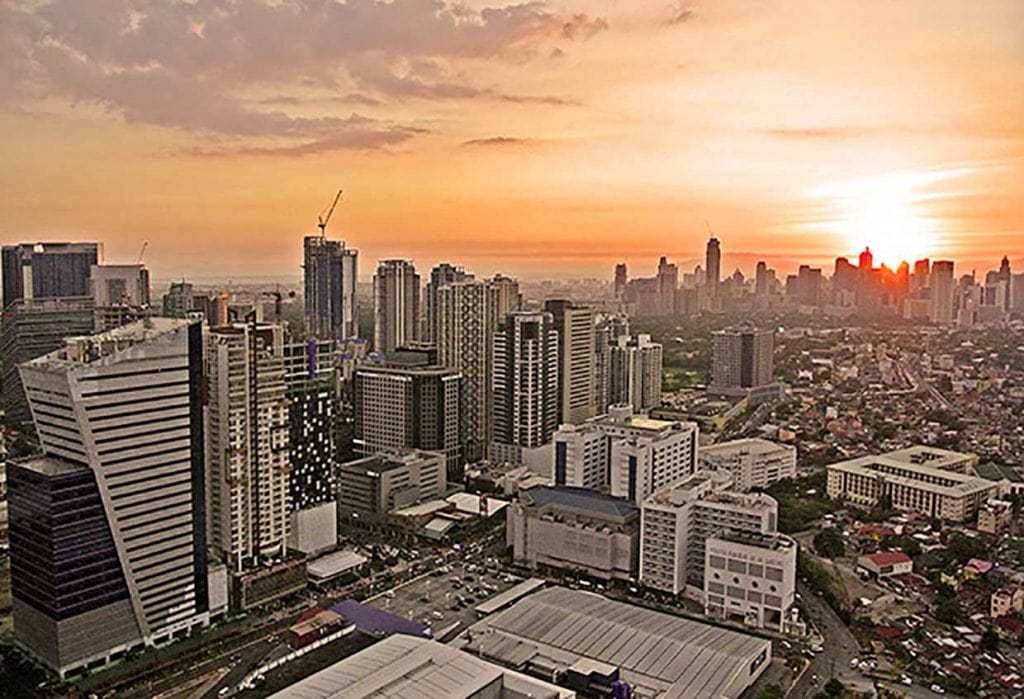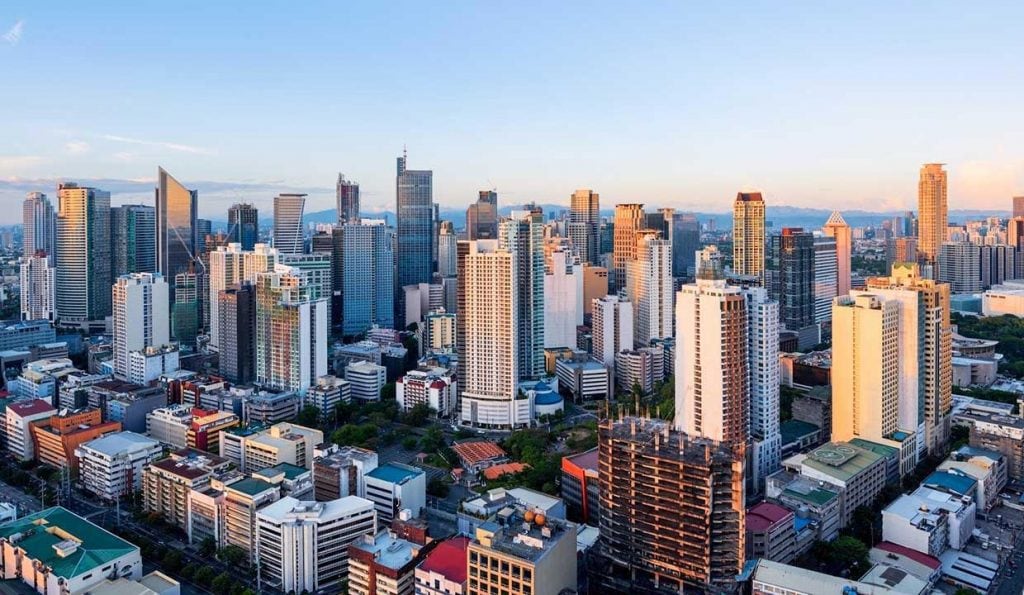The coronavirus disease 2019 or COVID-19 pandemic has drastically changed just about everything.
It will also influence condo buying, property consultants say. Health, safety and accessibility will now become major considerations for buyers in their future condominium acquisitions.
One of the new trends expected among condo buyers is the preference for residential developments within townships.
“Colliers believes that the COVID-19 pandemic has only highlighted the need to be in an integrated community,” Colliers International Philippines research manager Joey Roi Bondoc says.
“Colliers believes that in the next 12 to 36 months, the demand for residential projects, whether house and lot (H&L) or condominium units, will likely hinge on integrated features, i.e. residents having immediate access to essential goods and services,” Bondoc adds.
Lobien Realty Group chief executive officer Sheila Lobien shares the same view, emphasizing that living in an integrated community near one’s place of work gives access to the office during lockdowns, which might be a net positive for executives and staff alike.
“Although the existence of work from home now has been found to be feasible, the commute will still expose working individuals in cases of public health issues like the pandemic,” Lobien says.

“Many had issues on public transport during the lockdowns such that having your office near your home will be a very huge selling point. Grocery runs and basic salon work, should be in the picture as well,” she adds.
Bondoc says condominium investors have already become more aggressive in scouting for properties that are within townships.
Thus, he recommends that developers highlight the integrated features of their residential projects.
BETTER EYE FOR PROPERTY MANAGEMENT SERVICES
Apart from living close to essential establishments, another expected trend among condominium buyers is the keen eye for good property management services.
“Colliers sees residential investors and end-users becoming more discerning with options in the market. The pandemic has only raised the need to strictly implement physical distancing protocols and property management procedures within residential buildings,” Bondoc says.
Cushman and Wakefield Philippines director for research, consulting and advisory services Claro Cordero Jr. says condo buyers will be more inclined to closely examine the over-all property management of the development — from maintenance to security in the mid- to long-term.
“In the long-term, the demand toward less dense developments will also surface – which means condo buyers will prefer developments with fewer number of habitants and supported by ample levels of amenities and facilities,” he adds.
To be able to respond to this new preference, Cordero says developers should look for ways on how to re-configure their developments and undertake rigorous space planning.
“Condominium developers should take into consideration in their new designs the sufficiency and reliability of the facilities and amenities, which can be achieved by carefully studying and implementing the maximum density of the development,” Cordero says.
Cordero cited the case of elevator traffic as an example. This has become an issue for condominium developers at this time, noting that developers should be able to provide ample number of lifts to service the residents.

He adds that this can be done by studying the flow of traffic and prescribing the appropriate density.
“For existing developments, the condo developers and property managers will need to step-up in their level of security and maintenance and establish new health and safety practices, such as routine disinfection of common areas, establishing social distancing rules, among others, to answer to this demand,” Cordero adds.
IMPROVED BUILDING SANITATION
Colliers’ Bondoc says developers and property management firms should highlight sanitation and emergency preparedness plans as these are among the major considerations of buyers.
Developers can also benefit from installing new technologies to improve building sanitation, adds Cushman and Wakefield’s Cordero.
These include wider common spaces along with temperature-controlled and weather-protected outdoor common areas, daily deep cleaning systems in these common spaces, higher standards for HVAC (heating, ventilation and air conditioning), mechanical and piping systems not just in common areas but also within residential units.
Lobien of Lobien Realty Group emphasized that residents should be able to feel secure with their health even if they are in the condo.
“So, now, condo developers should be able to address this basic concern. They may now have to spend more in a better filtration system for enclosed common areas, enough sunlight and air for natural disinfection, the ability to easily disinfect and sanitize common areas at lower costs and the effective upkeep of open spaces will now be part of new normal value proposition,” Lobien says.
Looking at how hospitals are structured as well as how their sanitation activities are done could serve as a good guide for the health and sanitation aspect for condominiums, she adds.
TARGETED MARKET APPROACH
To be able to respond better to the changes in the preferences of condo buyers, Lobien suggests that developers skim the market and strike the balance based on function, particularly those that will treat their condos as their homes, those that will treat it as halfway homes and those who will buy it as an investment or for rent.
“Hence, developers should be able to address the sweet spots of having units with the right cuts for each target market and now assess the basic requirements buyers will now require based on the experiences they had on the pandemic: open spaces, good ventilation, natural light and the right density,” Lobien notes.
Moreover, Bondoc emphasized that to continue capturing demand, developers should offer flexible lease terms to complement the prevailing low mortgage rates in the market.
“While the government-projected economic slowdown is likely to soften residential take-up, the estimated pace of recovery in 2021 is likely to revivify demand,” Bondoc says.
